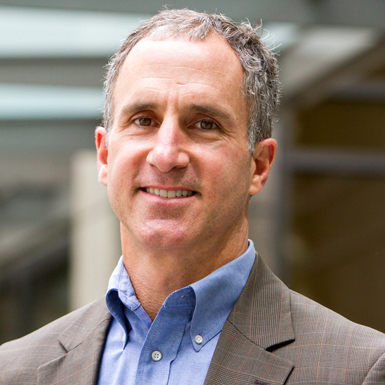Condo-HOA Blog
FAQs Regarding the New Washington Reserve Study Law
The new Washington Condominium Reserve Accounts and Studies law went into effect on June 12, 2008 (See my earlier Blog posting below). In the past month, I have received several emails and telephone queries from association board members and managers regarding the law. Below are five of the most commonly asked questions, with my corresponding answers:
Q. Does the law include homeowner associations, or just condominiums?
A. Although it is highly recommended that all homeowner associations that maintain common areas commision a reserve study, the new law is limited to condominium associations (this includes cooperatives that are also condominiums).
Q. Does the new law affect "old" Act condominiums, or just condominiums created after July 1, 1990?
A. The Reserve Study law governs all residential condominiums in the state of Washington, whether created before or after July 1, 1990.
Q. What good is the law if it doesn't require condominium associations to actually fund a reserve?
A. Although the law does not require a specific funding of reserves, it does require establishment of a reserve account and that an initial reserve study and periodic updates be conducted. The study itself will set forth a recommended dollar amount per year or month be placed into a reserve account. Also, the statute explicitly states that, "An association is encouraged to establish a reserve account to fund major maintenance, repair, and replacement of common elements, including limited common elements that will require major maintenance, repair, or replacement within thirty years." If the association fails to follow the recommendations of the reserve study and actually fund the reserves, the statute does NOT allow "monetary damages or any other liability be awarded against or imposed upon the association, the officers or board of directors of the association, or those persons who may have provided advice or assistance to the association or its officers or directors, for failing to establish a reserve account or having a current reserve study prepared or updated." I believe a group of homeowners might be successful in a declaratory judgment action against an association that fails to adequately fund a reserve, but no monetary damages could be awarded (it is arguable that attorneys' fees could be awarded if the action were successful).
Q. Does a condominium association have to commission a reserve study right away?
A. We believe an association has up to 12 months from the effective date of the law (6/12/08) in order to complete an initial or updated reserve study. Thus, an association should have ample time to adequately research the marketplace for a reserve study consultant who fits the association's specific needs. We recommend associations rely upon the Washington and Oregon chapters of Community Association Institute's recommended vendor lists WCAI / OCAI to identify well qualified reserve study professionals.
Q. Who is a "reserve study professional" and does an association have to use such a person to conduct a reserve study or update under the new law?
A. Interestingly, the law does not require that a "reserve study professional" actually conduct the study or update. However, the report itself needs to include a statement on whether the study was conducted by a "reserve study professional." There is no state licensing or regulation of the reserve study industry. Anyone can hold themselves out to be a "reserve study consultant." Since there is no formal state designation, I believe a common sense and reasonable interpretation of "reserve study professional" controls; essentially, someone with a construction or building inspection background who has been performing condominium reserve studies for a reasonable amount of time. Incidentally, there is a national trade group for reserve study consultants that does require testing and a credentialing process (see the APRA website for more details and a listing of members).
Feel free to contact Barker Martin, P.S. if you have further questions on this burgeoning law.



